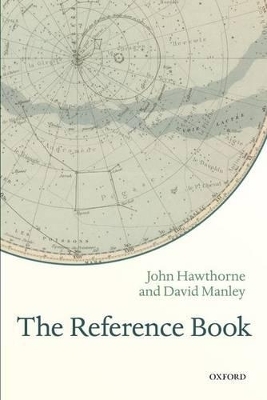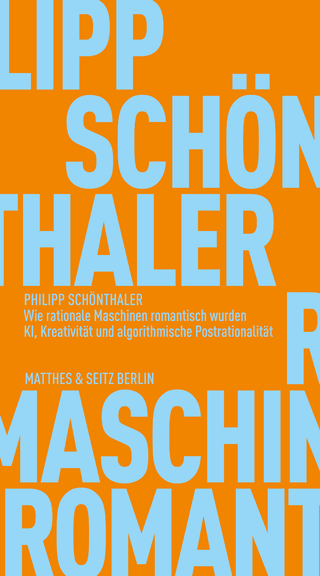
The Reference Book
Seiten
2014
Oxford University Press (Verlag)
978-0-19-870304-4 (ISBN)
Oxford University Press (Verlag)
978-0-19-870304-4 (ISBN)
How do language and thought connect to things in the world? John Hawthorne and David Manley offer an original and ambitious treatment of the semantic phenomenon of reference and the cognitive phenomenon of singular thought, leading to a new unified account of definite and indefinite descriptions, names, and demonstratives.
John Hawthorne and David Manley present an original treatment of the semantic phenomenon of reference and the cognitive phenomenon of singular thought. In Part I, they argue against the idea that either is tied to a special relation of causal or epistemic acquaintance. Part II challenges the alleged semantic rift between definite and indefinite descriptions on the one hand, and names and demonstratives on the other--a division that has been motivated in part by appeals to considerations of acquaintance. Drawing on recent work in linguistics and philosophical semantics, Hawthorne and Manley explore a more unified account of all four types of expression according to which none of them paradigmatically fits the profile of a referential term. On the preferred framework put forward in The Reference Book, all four types of expression involve existential quantification but admit of uses that exhibit many of the traits associated with reference--a phenomenon that is due to the presence of what Hawthorne and Manley call a 'singular restriction' on the existentially quantified domain. The book concludes by drawing out some implications of the proposed semantic picture for the traditional categories of reference and singular thought.
John Hawthorne and David Manley present an original treatment of the semantic phenomenon of reference and the cognitive phenomenon of singular thought. In Part I, they argue against the idea that either is tied to a special relation of causal or epistemic acquaintance. Part II challenges the alleged semantic rift between definite and indefinite descriptions on the one hand, and names and demonstratives on the other--a division that has been motivated in part by appeals to considerations of acquaintance. Drawing on recent work in linguistics and philosophical semantics, Hawthorne and Manley explore a more unified account of all four types of expression according to which none of them paradigmatically fits the profile of a referential term. On the preferred framework put forward in The Reference Book, all four types of expression involve existential quantification but admit of uses that exhibit many of the traits associated with reference--a phenomenon that is due to the presence of what Hawthorne and Manley call a 'singular restriction' on the existentially quantified domain. The book concludes by drawing out some implications of the proposed semantic picture for the traditional categories of reference and singular thought.
John Hawthorne is Waynflete Professor of Metaphysical Philosophy at the University of Oxford, having previously been Professor of Philosophy at Rutgers, the State University of New Jersey. His books include Knowledge and Lotteries, Metaphysical Essays, and Relativism and Monadic Truth. David Manley is Assistant Professor of Philosophy at the University of Michigan, Ann Arbor. His papers have appeared in such journals as Mind, The Journal of Philosophy, Noûs, and Philosophy and Phenomenological Research.
PART I: AGAINST ACQUAINTANCE; PART II: BEYOND ACQUAINTANCE
| Erscheint lt. Verlag | 13.3.2014 |
|---|---|
| Verlagsort | Oxford |
| Sprache | englisch |
| Maße | 157 x 235 mm |
| Gewicht | 394 g |
| Themenwelt | Geisteswissenschaften ► Philosophie ► Sprachphilosophie |
| Geisteswissenschaften ► Sprach- / Literaturwissenschaft ► Sprachwissenschaft | |
| ISBN-10 | 0-19-870304-X / 019870304X |
| ISBN-13 | 978-0-19-870304-4 / 9780198703044 |
| Zustand | Neuware |
| Haben Sie eine Frage zum Produkt? |
Mehr entdecken
aus dem Bereich
aus dem Bereich
Macht und Legitimität politischer Sprache im Prozess der europäischen …
Buch | Softcover (2023)
Nomos (Verlag)
74,00 €
KI, Kreativität und algorithmische Postrationalität
Buch | Softcover (2024)
Matthes & Seitz Berlin (Verlag)
16,00 €
Wie die Menschheit zu ihrer größten Erfindung kam
Buch | Softcover (2022)
C.H.Beck (Verlag)
18,00 €


